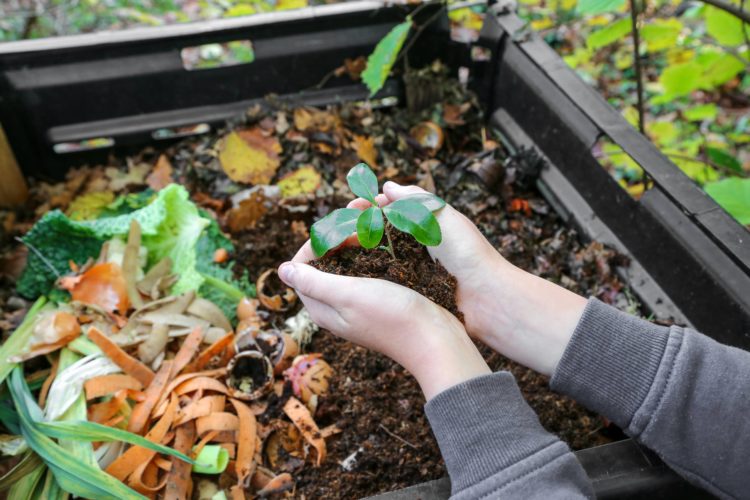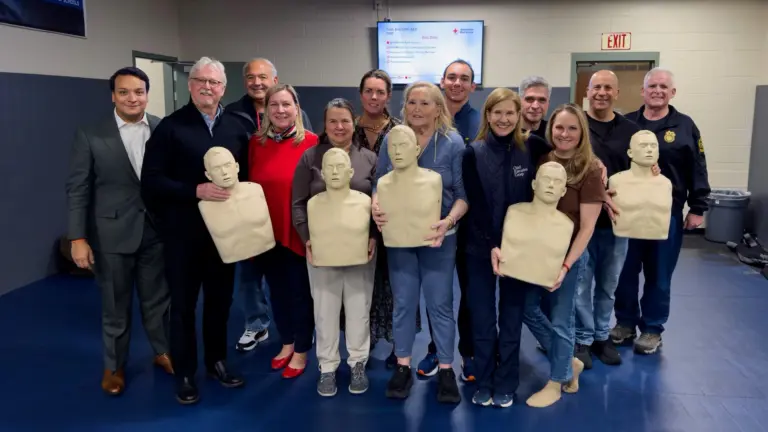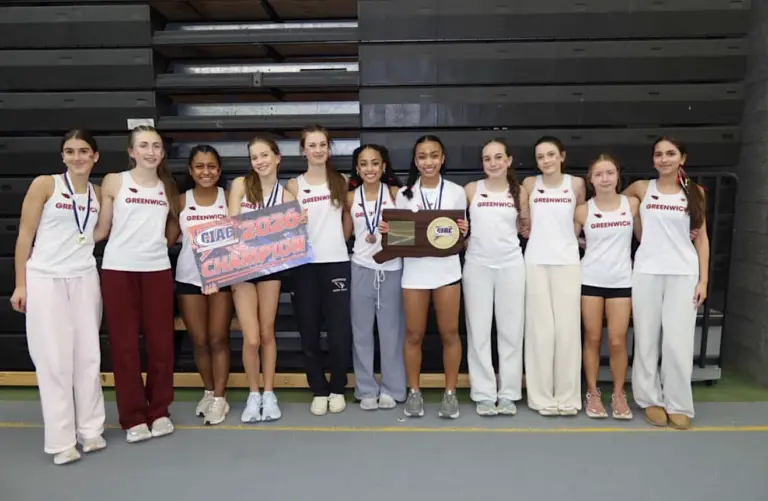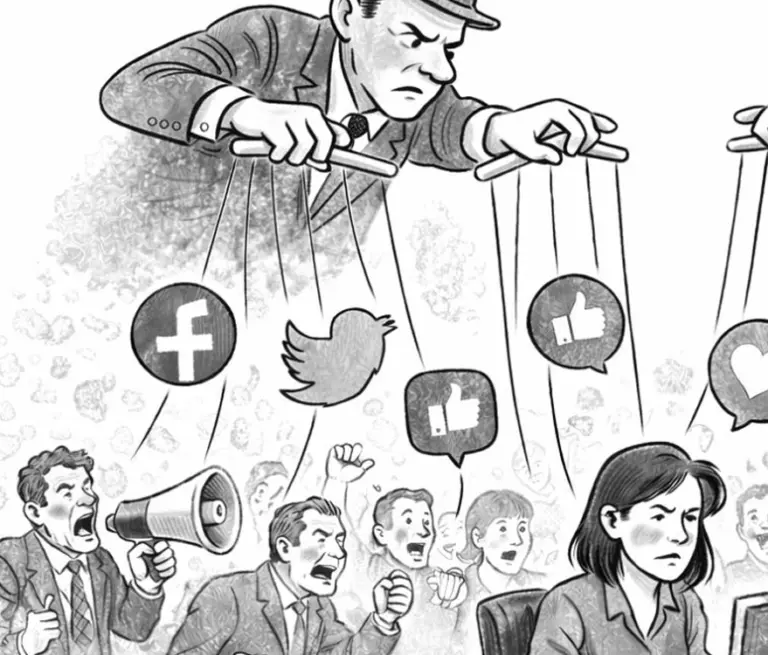
The Town of Greenwich, Waste Free Greenwich and the Greenwich Recycling Advisory Board (GRAB) announce the first anniversary of the municipal food scrap recycling program. A year ago on June 15th, the program launched thanks to the support of our town leadership and dedicated volunteers and the enthusiastic response from the Greenwich community. Residents contribute approximately three-quarters of a ton of food scraps each week, and since July, just over 34 tons of food scraps have been diverted from the waste stream.
“In our never-ending drive to make Greenwich a waste-free community, the one-year anniversary of our food scraps program is both a celebration of progress and a reminder that our work continues. I salute Waste Free Greenwich and all our other environmental advocates for a very successful 12 months and look forward to even bigger and better things in the near future,” said First Selectman Fred Camillo.
The food scrap recycling program is voluntary and free to all Greenwich households. Residents collect food scraps at home in accordance with the program guidelines and can bring them to the drop-off shed next to the trash building at Holly Hill Resource Recovery Facility during hours of operation. An additional collection point is now available at the Old Greenwich Farmer’s Market during designated hours on Wednesday afternoons only. The material is carted to a commercial facility to be processed into nutrient-rich compost, which Waste Free Greenwich distributed to residents during its compost giveback day in March.
All food, including meat and dairy products, shells and bones, is accepted, in addition to tea bags, cut flowers, paper towels and napkins. Residents report that sources separating food scraps for recycling cuts trash by up to 50%, which leads to more sustainable habits to prevent food waste, like shopping with a list, storing foods properly and using leftovers. Waste Free Greenwich is inspiring and empowering the community to prevent food waste and compost through its Save the Food challenge and educational events. In Connecticut, food scraps account for over 22% of municipal solid waste. However, this material is not trash but a valuable resource that can return nutrients to the life cycle, resulting in cleaner soil, water and air. Initiatives to prevent food waste and divert organics have significant benefits for our community and beyond.
Although not required, starter kits, containing collection bins, compostable bags and a guide, are offered for sale to make food scrap recycling easier. To purchase a starter kit, contact
wastefreegreenwich@gmail.com or call Greenwich Green & Clean at 203-531-0006. For further information and events, visit https://www.wastefreegreenwich.org.



